We love trees, even those in water
Publicados: 11.11.2023
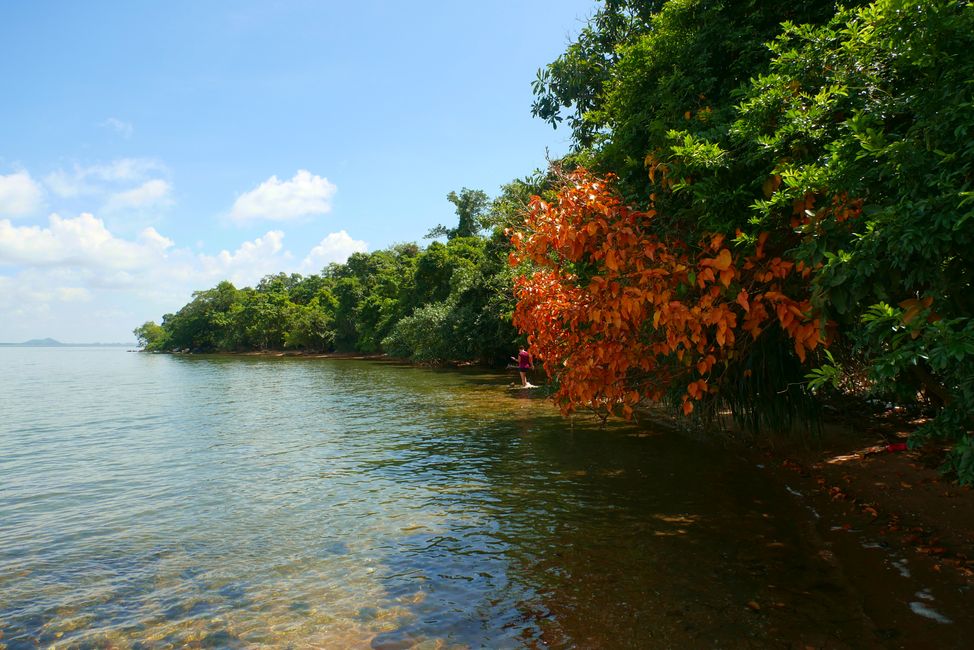
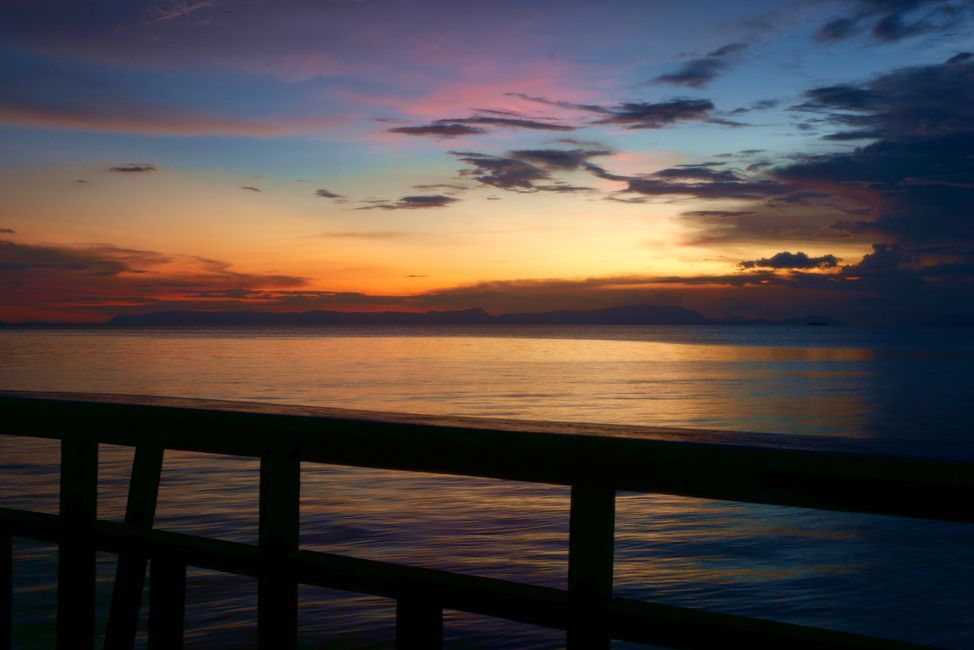
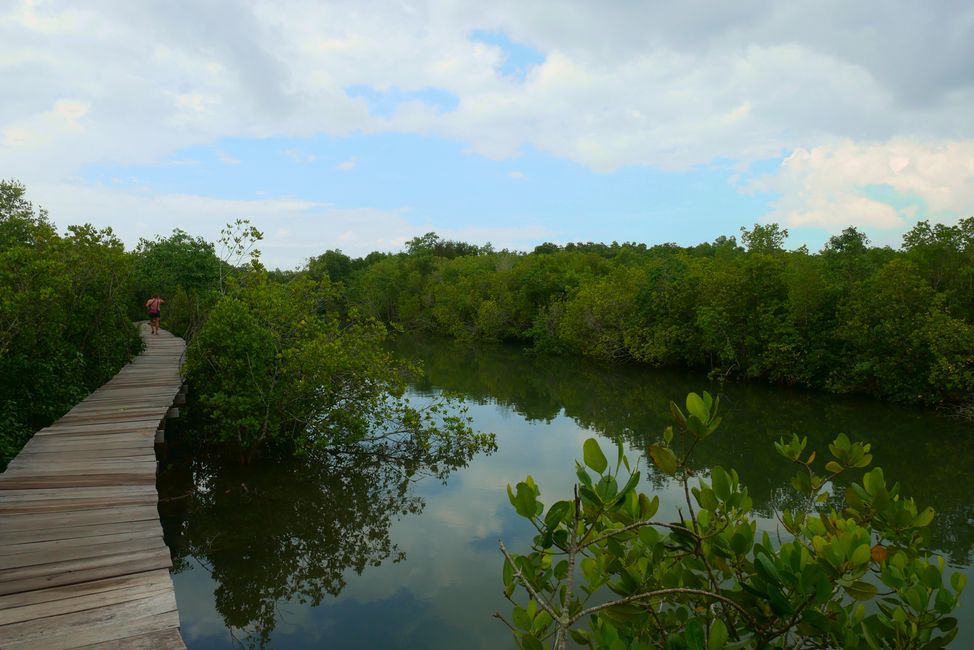
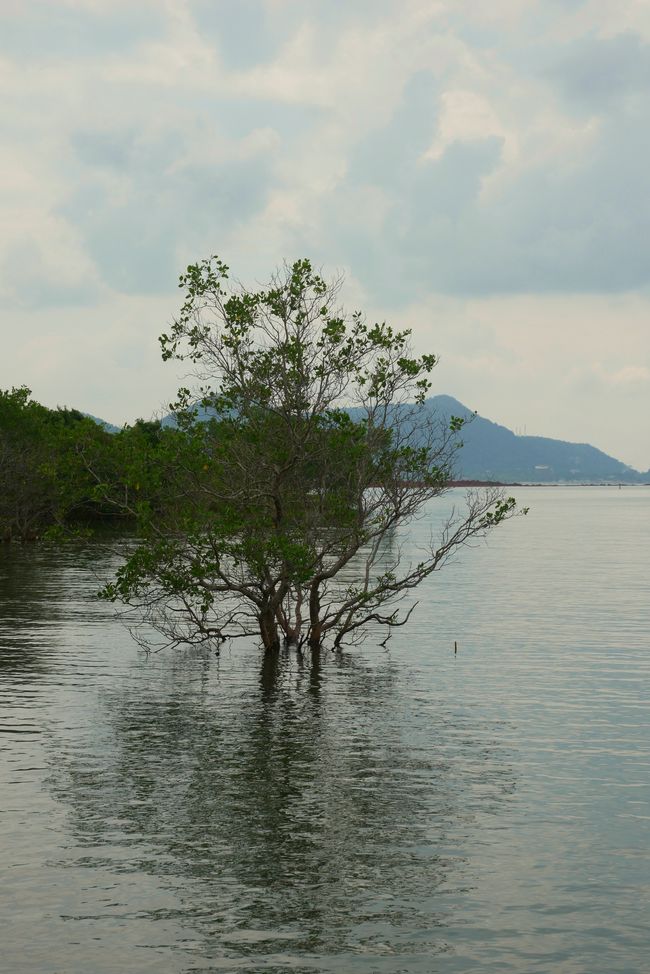
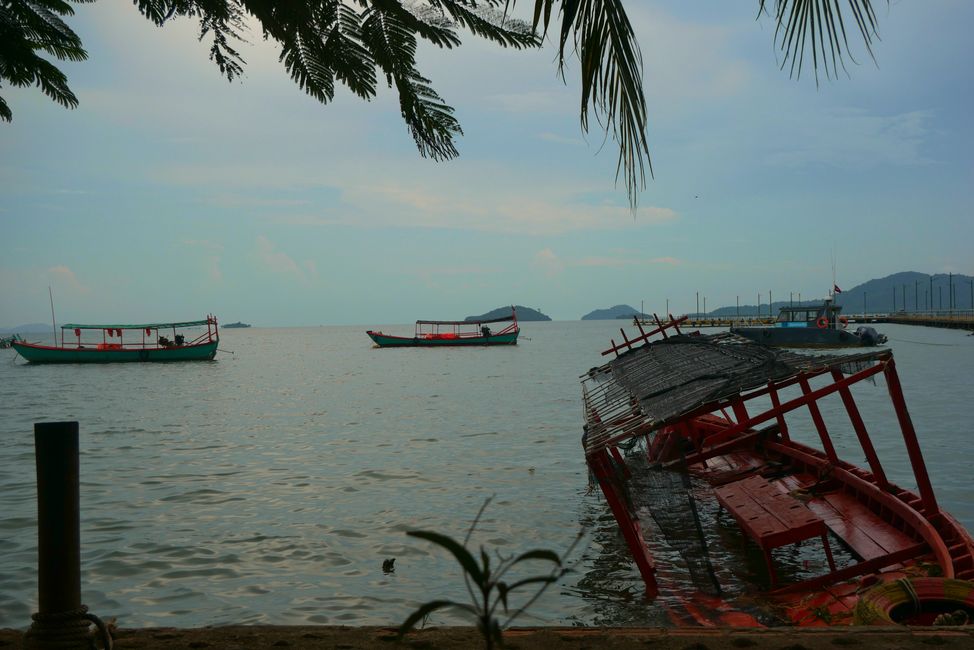
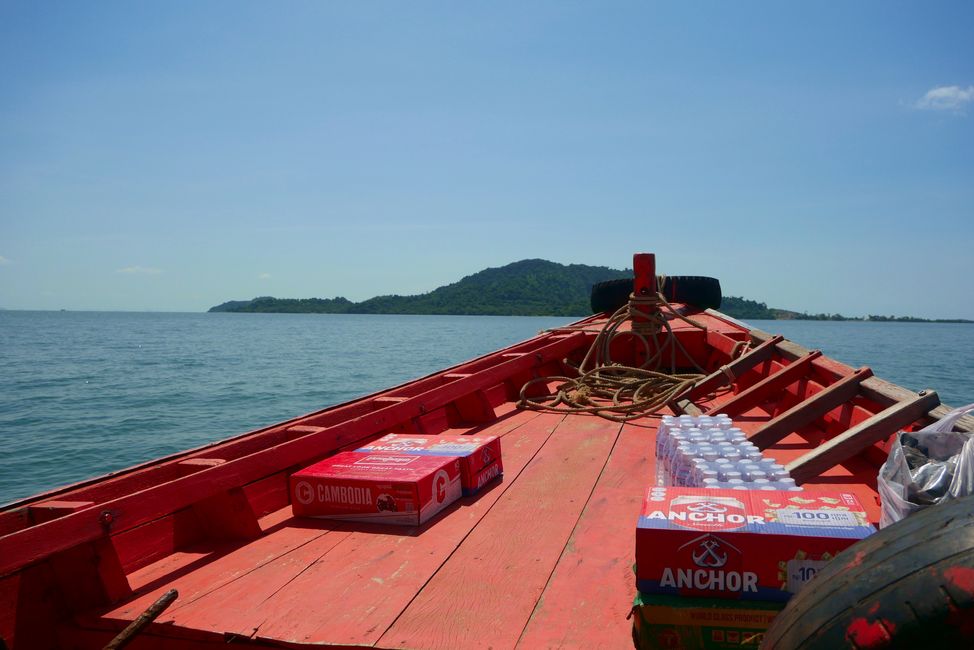
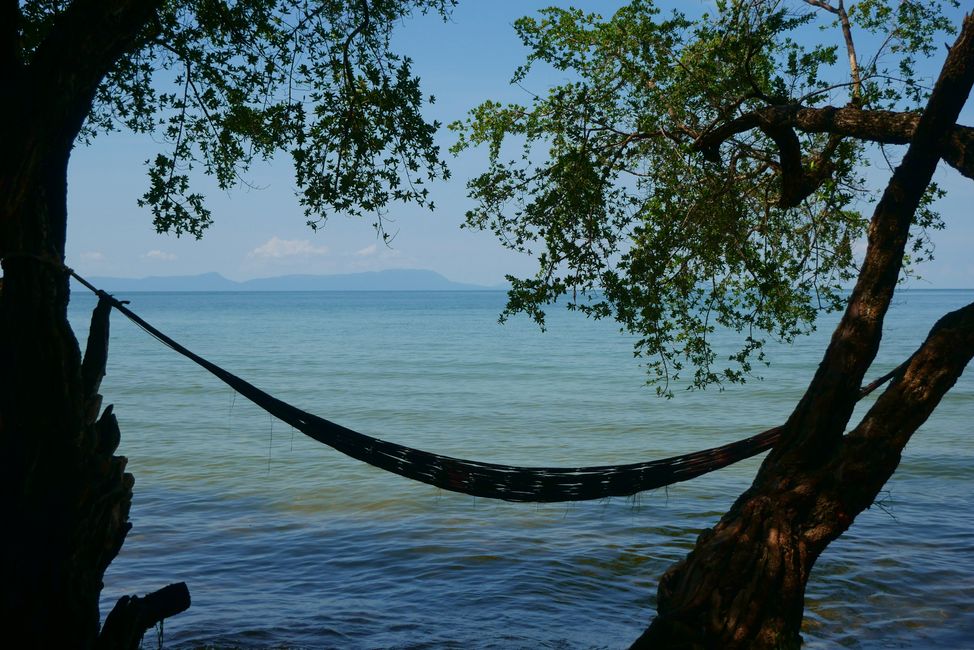
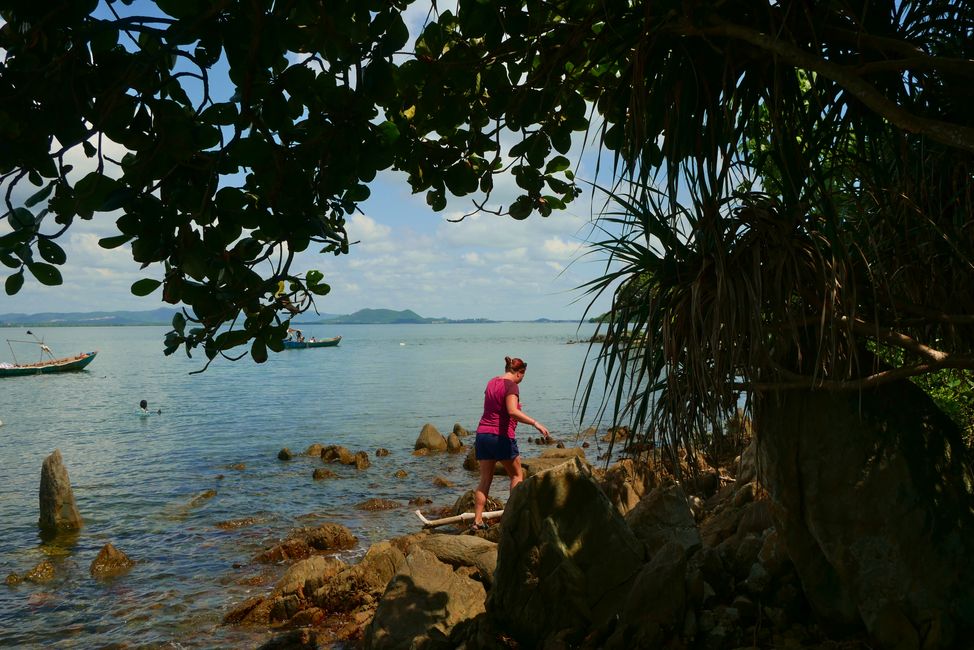
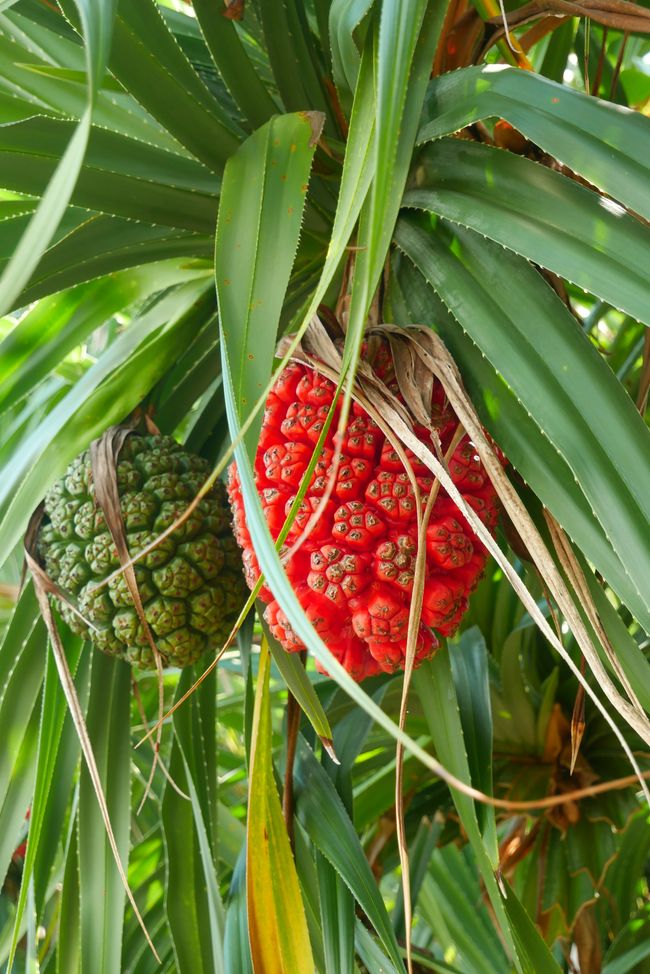
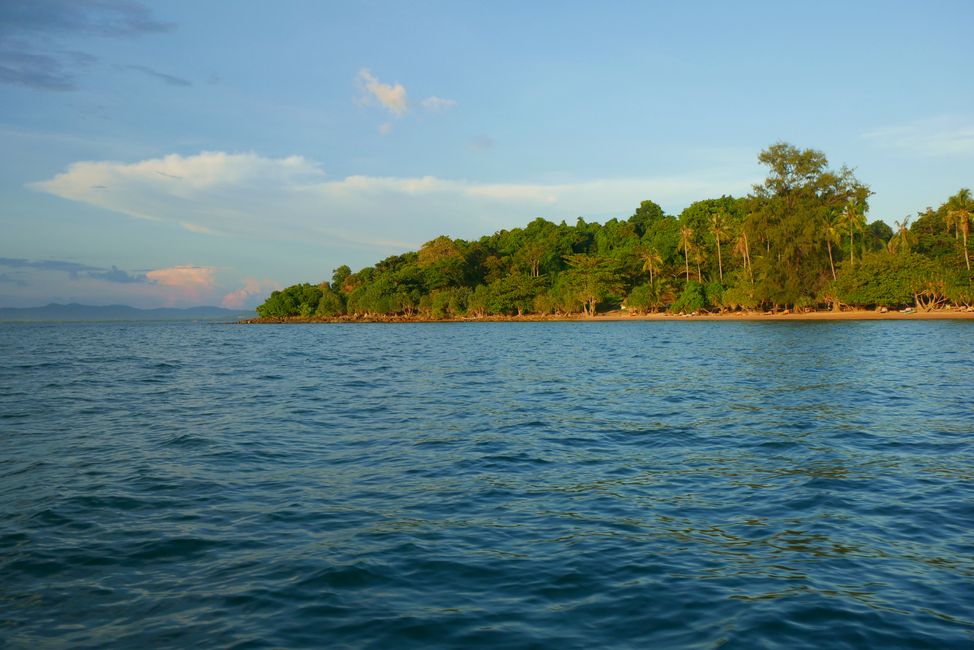
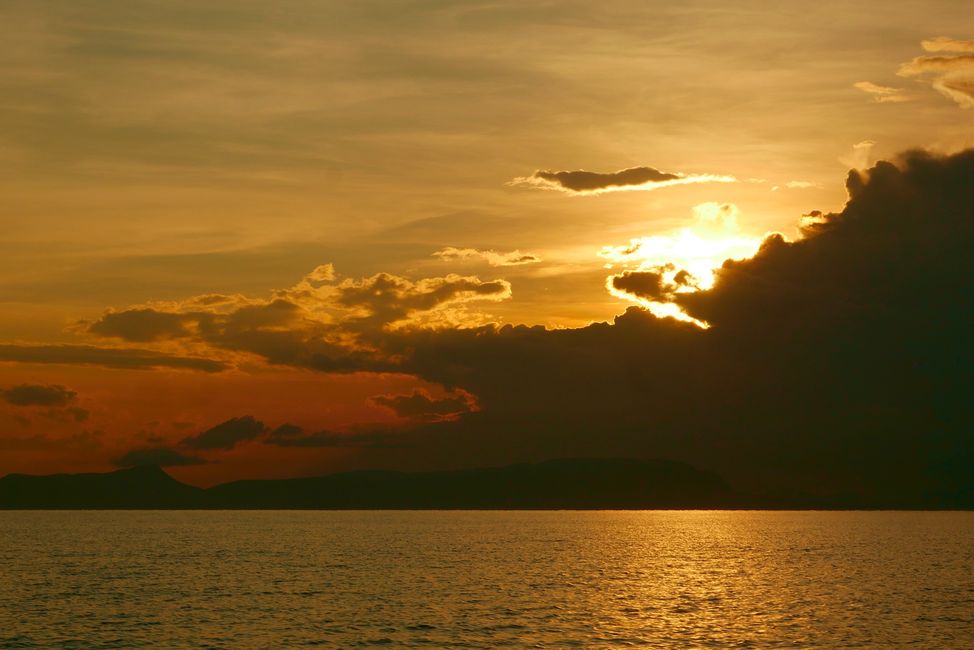
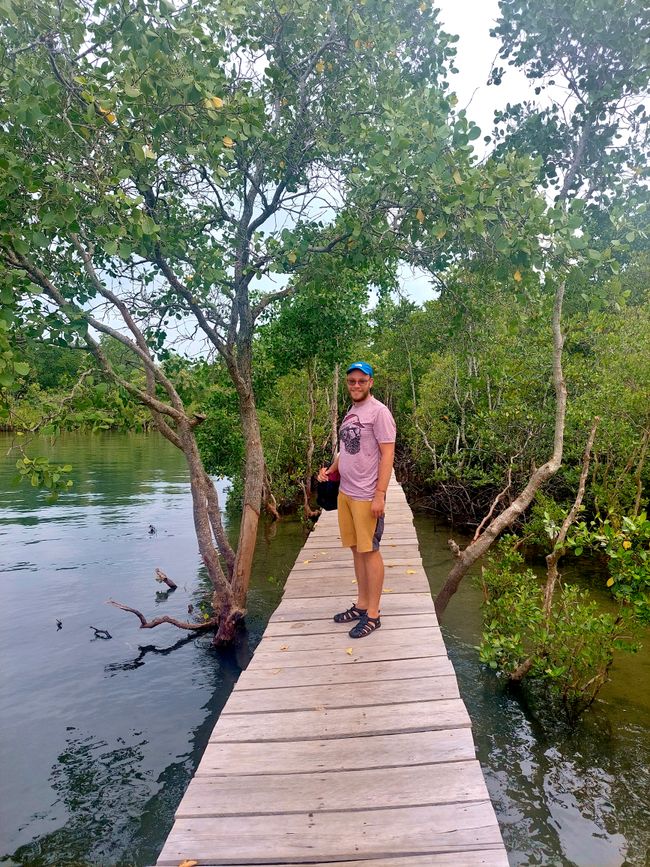
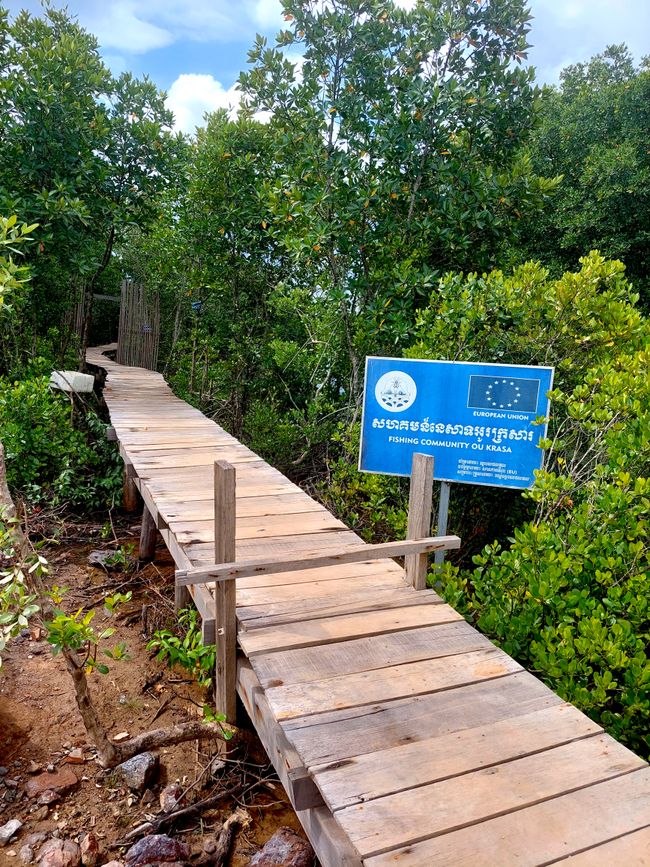
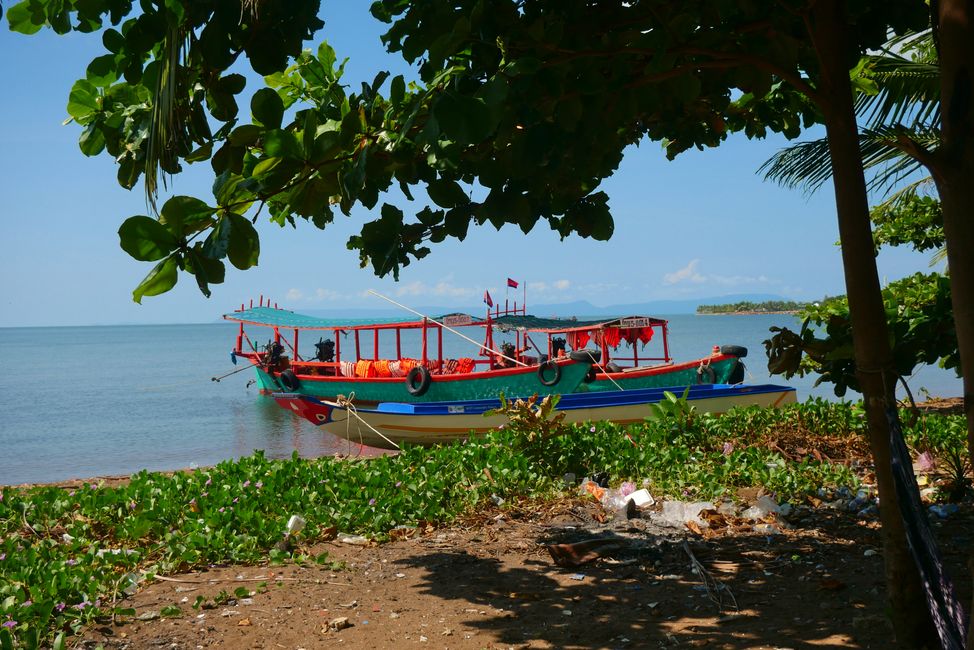
Assine o boletim informativo
Mangroves grow on the edge of the sea and are inspiring because they can cope with salt water, ebb and flow and somehow also people. We have already looked for mangrove forests in Thailand and followed the posts that had been set up.

In Cambodia, too, small nature conservation hiking trails invite you to explore and raise awareness of the special habitat. In both countries, trash cans and information signs have been used to teach people how to treat nature well. The tide brings new garbage every day, so it takes a clear conviction to dispose of all rubbish properly and not just throw it into the sea.

Organized waste disposal and collecting plastics is already normal in Thailand and every plastic collector in Cambodia was happy because it shows that it makes sense to collect the raw material and not leave it to the environment. How do you create economically functioning recycling chains? How do you teach a society to avoid waste when plastic packaging is perceived as an improvement over packaging in banana leaves?

Even in Germany, before deposits, yellow bins and the sanctioning of garbage dumping, there were wild garbage dumps everywhere. This is almost forgotten in 2023, but it shows how quickly people with a little motivation can become environmentalists. That will happen here too, I'm sure.

We then experienced how wonderful life is in the mangroves on a tour around the small island of Koah Tonsay, when we couldn't find a way on the mainland for part of the hike and waded past the mangroves in the water at a respectful distance. Birds, insects, crazy fruits and lots of flying fish showed themselves to us there.
Kathleen
Assine o boletim informativo
Responder
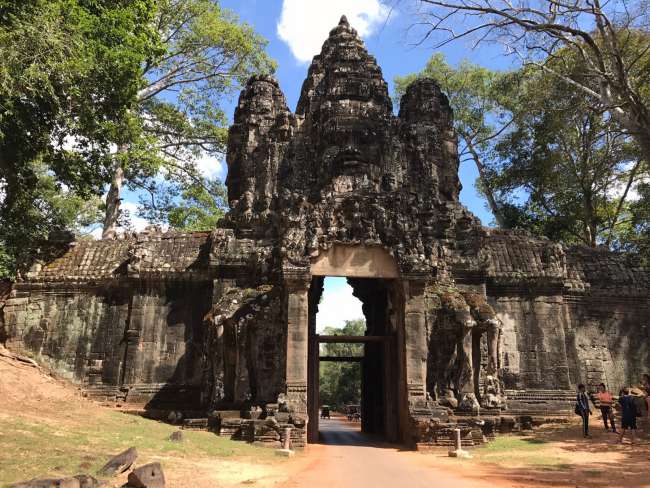
Relatórios de viagem Camboja

